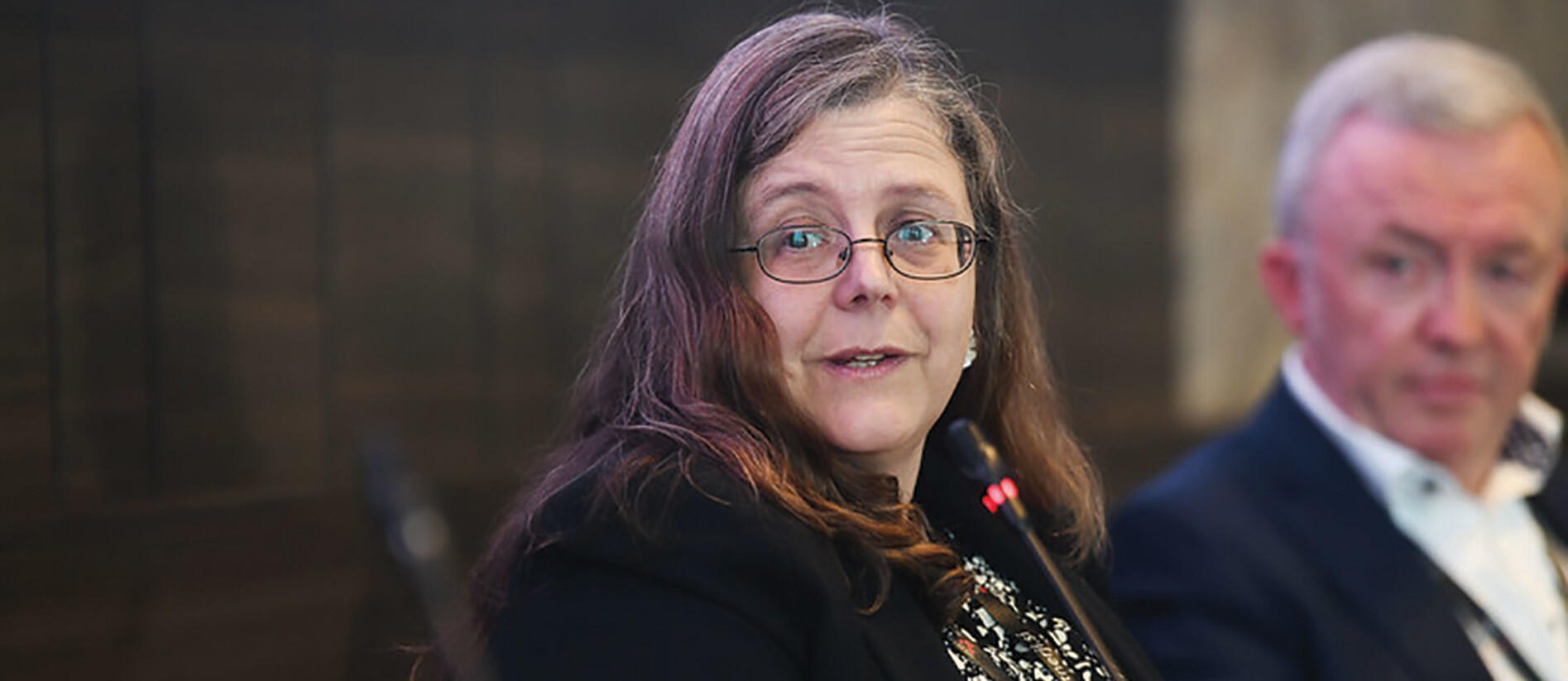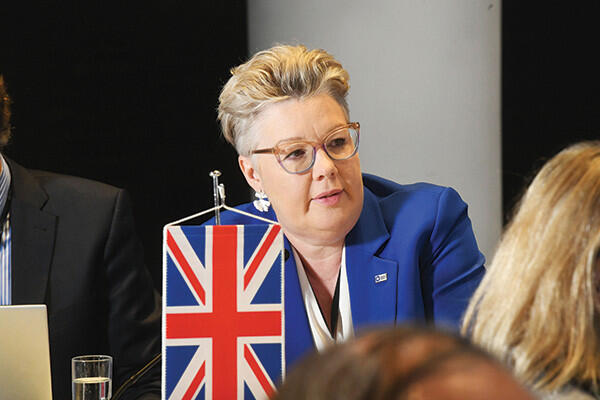CFE Professional Affairs Conference

The 2024 annual CFE Professional Affairs Conference took place in Ljubljana on 19 September.
The theme of the conference was global policy trends. The morning session involved a panel discussion about AI and the future of tax planning. It was interesting to hear how the use of AI is developing in relation to tax practice in the US and the Far East, as well as the experiences in one of the Big Four firms.
The afternoon panel session covered the new EU rules on anti-money laundering. Panel speakers for this session were:
- Aleksandra Vasilic (Europe West FinCrime Leader and risk management, EY Netherlands);
- Rolf Declerck (President, Commission on Quality Performance Review, Belgian Institute of Tax Advisers and Accountants); and
- Jane Mellor (Head of Professional Standards at the CIOT).
The session was chaired by Philippe Vanclooster (Chair of the CFE Professional Affairs Committee).
EU lawmakers have instigated changes to Anti-Money Laundering (AML) compliance requirements, including setting up the Authority for Anti-Money Laundering and Countering the Financing of Terrorism (AMLA). AMLA will be a central authority supporting and coordinating national supervising authorities in the EU with the aim to improve the fight against financial crime. It will also directly supervise up to 40 European financial institutions and will coordinate and support Financial Intelligence Units. AMLA will be fully operational from 1 January 2028.
The CIOT was pleased to be able to contribute to the panel discussions in relation to our experiences of having a similar ‘supervisor of supervisors’ system within the UK. The Office for Professional Body AML Supervision (OPBAS) supervises the accountancy and legal professional bodies in the UK. It aims to ensure robust and consistent supervision by those bodies and facilitates collaboration and information sharing.
Based on our experience in the UK, there could be many positives from the introduction of AMLA in the EU, including closer working relationships between supervisory bodies and increased information and intelligence sharing. Working with the regulator is key. European colleagues were encouraged to engage with the changes and ensure that there is early dialogue with AMLA to assist them in understanding the role of tax advisers in different jurisdictions. It is important that the regulators understand the range of supervised entities and ensure that the focus is not simply on large financial institutions.
Thursday’s conference was followed up by a Professional Affairs Committee meeting on Friday morning. The meeting agreed that the CFE should seek to be included as observers at EU meetings about AMLA. There was a discussion about DAC6 and developments in IESBA global ethics standards. It was also acknowledged that work should be undertaken on the regulation of the use of AI by tax advisers.
Helen Whiteman attended the General Assembly meetings at which Tax Adviser 2030 (a programme of work to 2030) was discussed and the elections for new Executive Board members took place for 2025. Jeremy Woolf attended the Fiscal Committee Indirect Tax meeting, which included a discussion on the recovery of import VAT and proposals for VAT in the Digital Age. Paul Aplin attended the Tax Technology committee and Toyin Oyeneyin and Danni Phillips virtually attended the New Tax Professionals Committee.
Jane Mellor, Head of Professional
Standards, [email protected]



